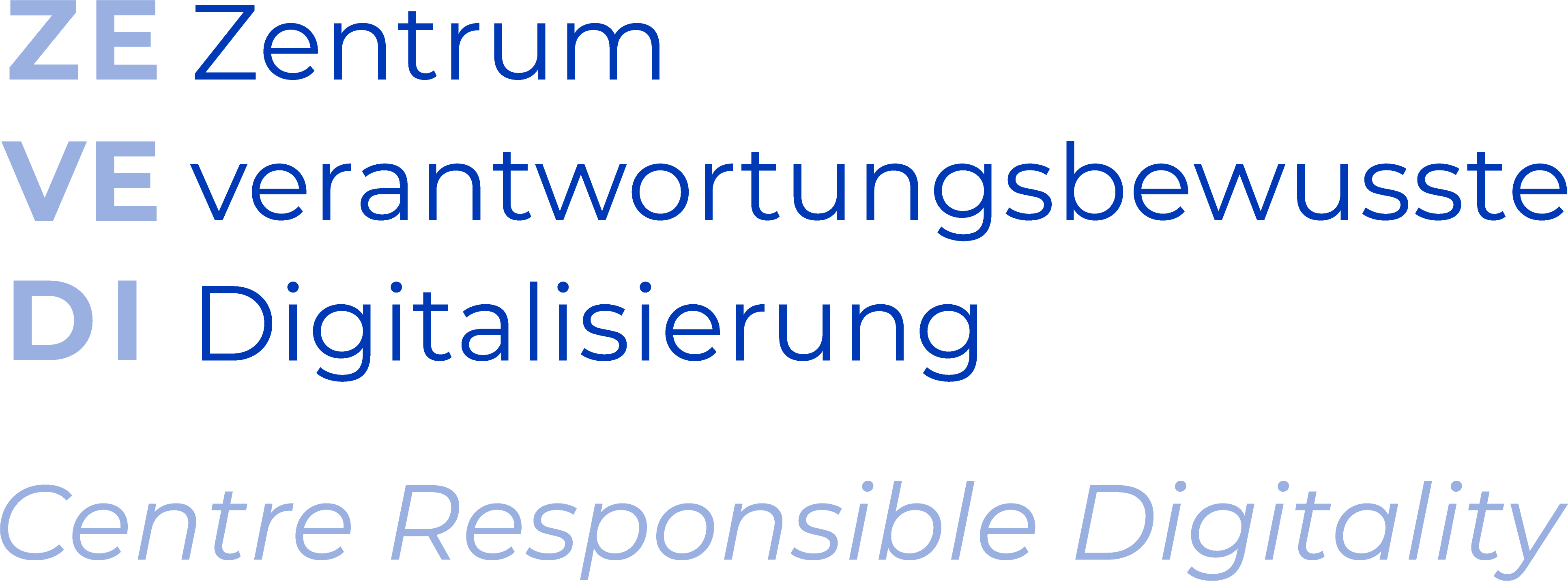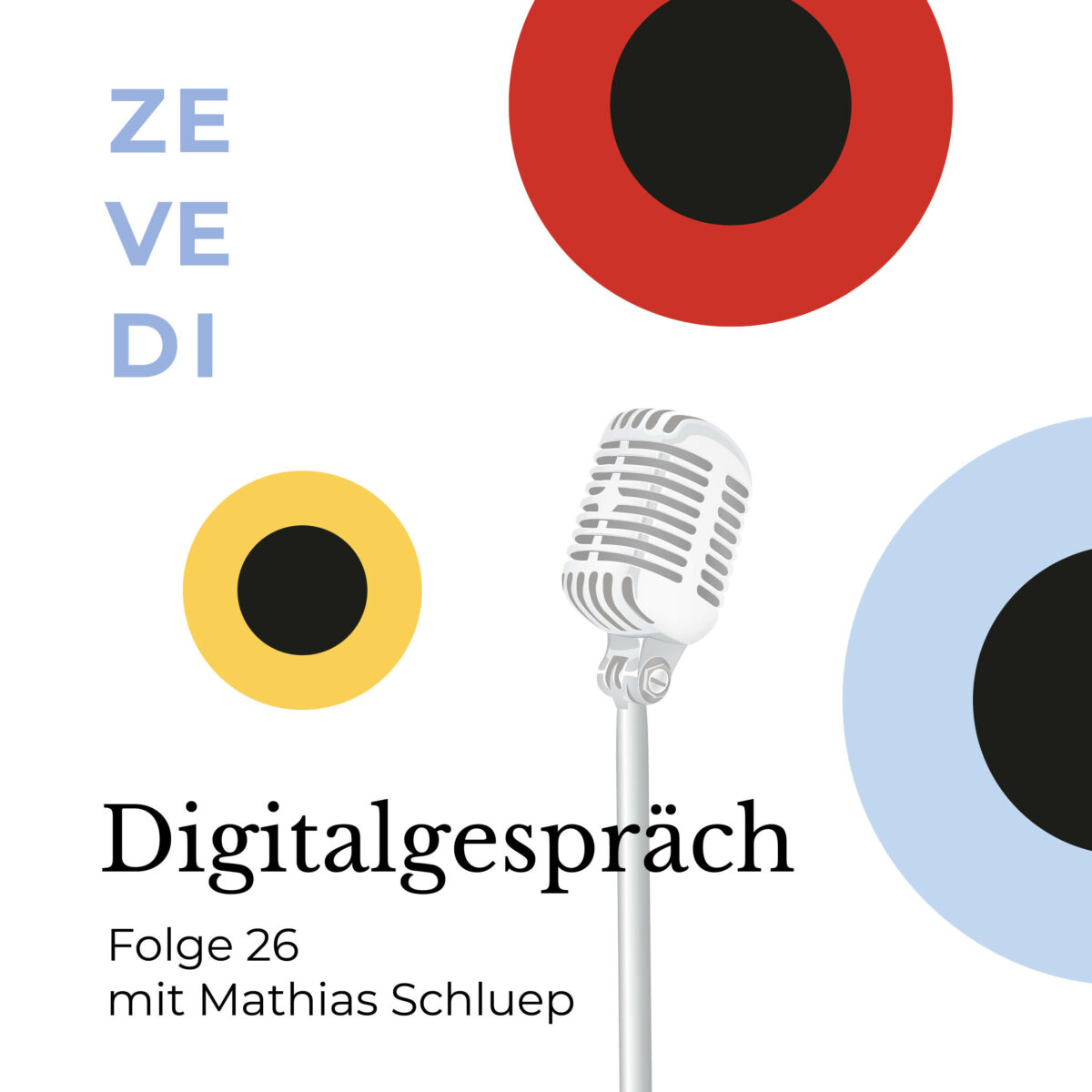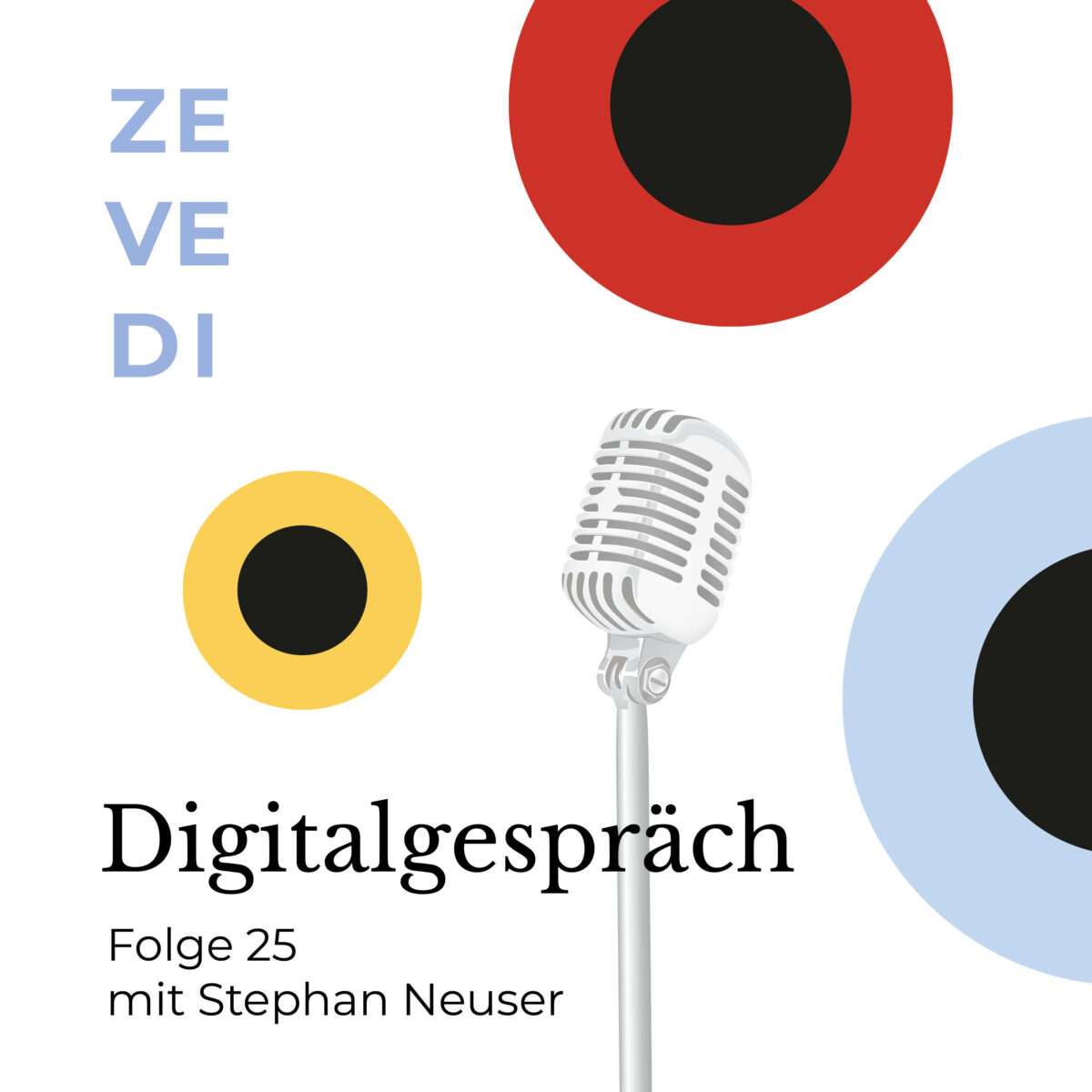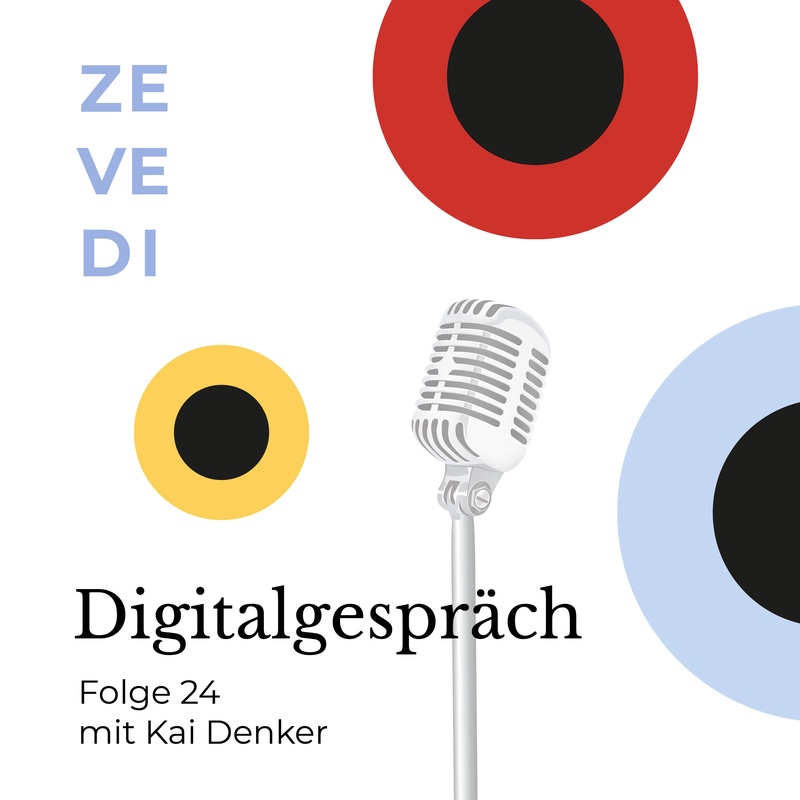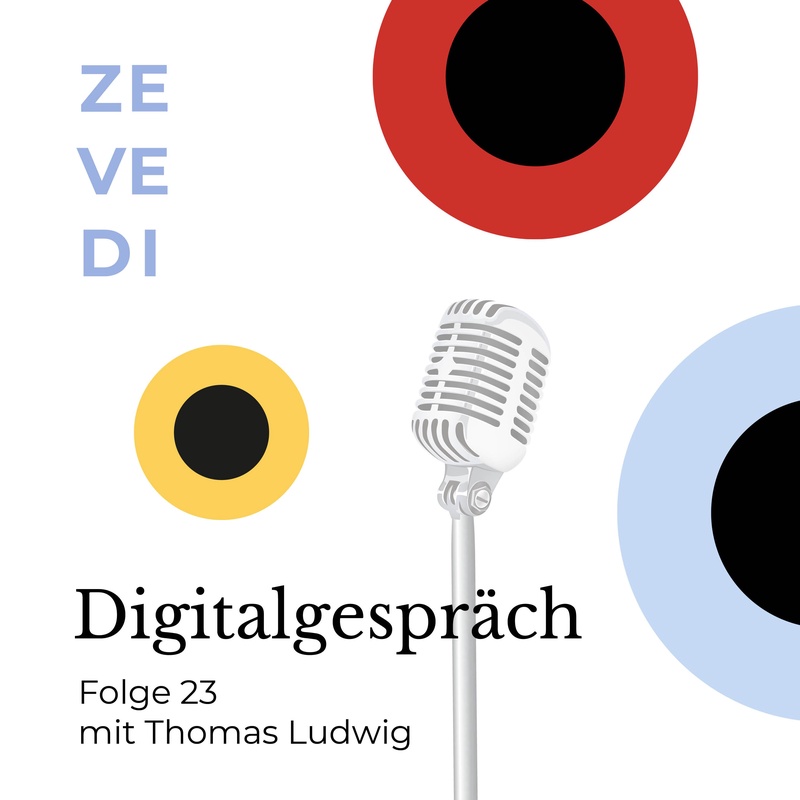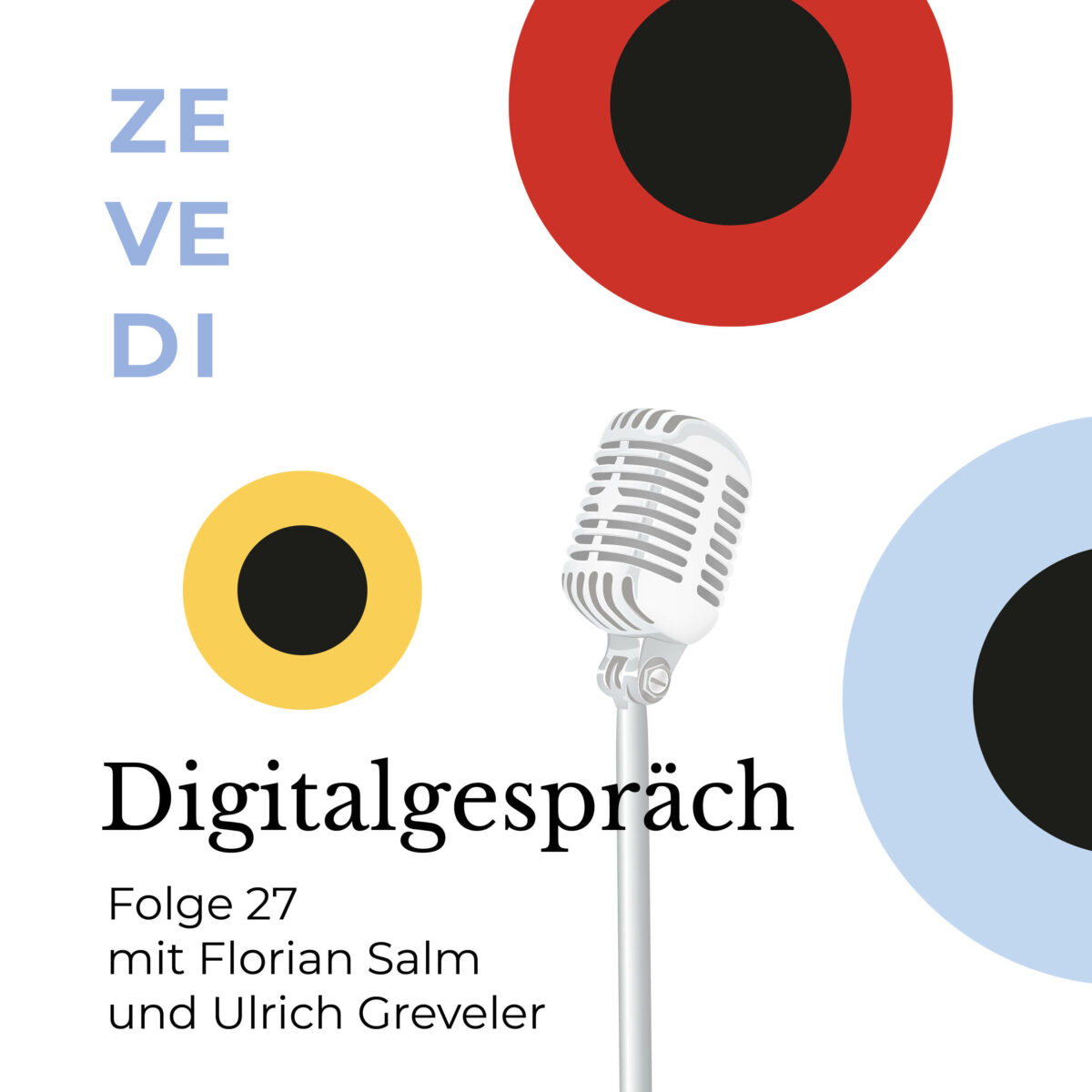
The number of attacks on IT systems has been increasing for years. They target small as well as big companies, state institutions as well as private individuals. The damage they cause can be enormous, not only in financial terms: in digital-ised environments, resilient IT is a key requirement for trustworthiness. Effective and reliable operation of production and supply chains depend on it and so does the data security of customer, patient and business partners. Everyone who consciously engages with digitality knows this and is aware of associated risks. Nevertheless – as studies show time and again – in many cases too little is in-vested in IT security. And although there are insurances specifically against “cyber risks” on offer by now, by no means do all companies whose integrity depends on IT security purchase them.
Florian Salm is an expert for cyber risks at Gothaer Allgemeine Versicherung AG and a lecturer at the University of Hamburg. Ulrich Greveler is Professor of Applied Computer Science at the Rhine-Waal University of Applied Sciences and, as an IT security expert, also a consultant and assessor for cyber risks. In this episode of Digitalgespräch, these two experts explain from a technical and insurance perspective what constitutes “well made” IT – and how companies can implement it. They explain how insurance companies help – not only in the event of an incident, but also in closing existing security gaps before something happens. With hosts Marlene Görger and Petra Gehring, they discuss why IT security is still difficult to implement in many companies, who bears responsibility for the security of systems in a networked society – and what it means that some risks of future technologies and large IT projects are not insurable.
Further informationen:
Link to Ulrich Greveler’s website: https://www.ulrich-greveler.de/english
Link to survey “Gothaer KMU-Studie 2022: Cyberangriffe größte Bedrohung für Mittelständler”: https://presse.gothaer.de/pressreleases/gothaer-kmu-studie-2022-cyberangriffe-groesste-bedrohung-fuer-mittelstaendler-3182062
all episodes of Digitalgespräch»
The podcast is in German. At the moment there is no English version or transcript available.
